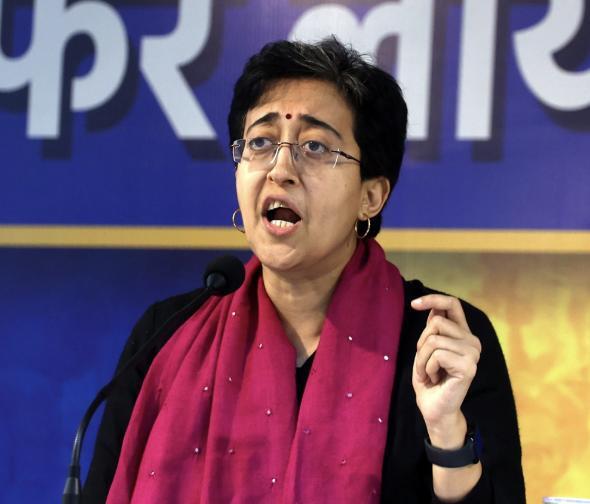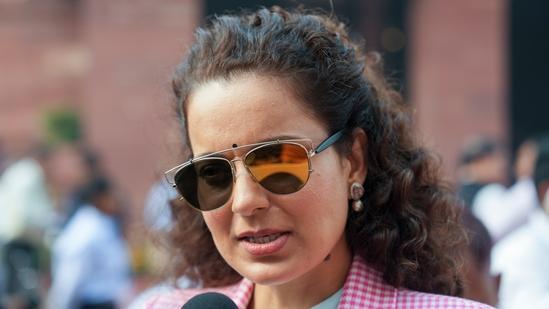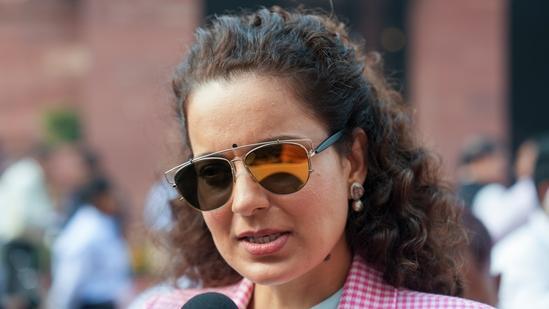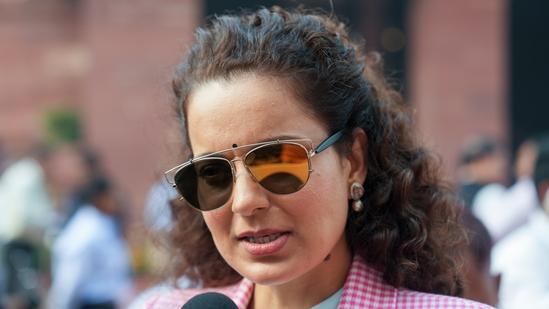
This is a Religious War: Delhi CM Atishi on Assembly Elections
The Delhi Assembly elections have finally arrived, and the city is all set to cast its vote today. Amidst the intense campaigning and heated debates, Delhi Chief Minister and AAP candidate from Kalkaji seat, Atishi, has made a shocking statement that has sent shockwaves across the city. In an exclusive interview, Atishi boldly declared that the Delhi Assembly polls are not just any ordinary election, but a “religious war” between good and evil, work and hooliganism.
This statement has raised many eyebrows and sparked intense debate among political analysts, party workers, and citizens alike. Is Atishi’s claim an exaggeration, or is there more to it? Let’s dive deeper into the context and implications of her statement.
A Battle Between Good and Evil
Atishi’s assertion that the Delhi Assembly polls are a “battle between good and evil” is a stark reminder of the polarized nature of Indian politics. The election has seen intense polarization along communal lines, with the BJP and its allies attempting to create a narrative of Hindu-Muslim divide. The AAP, on the other hand, has been emphasizing its commitment to social justice, equality, and inclusivity.
Atishi’s statement suggests that the election is not just about political ideologies or policies, but about fundamental values and principles. It implies that the outcome of the election will have far-reaching consequences for the city and its people, shaping the course of their lives and futures.
A Clash of Ideologies
The Delhi Assembly polls have seen a sharp division between the two leading parties, the AAP and the BJP. While the AAP has been focusing on its track record of governance, infrastructure development, and social welfare initiatives, the BJP has been trying to capitalize on the Modi wave and the Hindutva agenda.
The BJP has been aggressively campaigning on issues like nationalism, patriotism, and religious identity, which have resonated with a significant section of the electorate. In contrast, the AAP has been emphasizing its commitment to secularism, equality, and social justice.
Atishi’s statement suggests that this ideological divide is not just about political differences, but about fundamental values and principles. It implies that the election is a clash between two competing visions of India, with the AAP representing a more inclusive and progressive vision, and the BJP representing a more conservative and divisive agenda.
A War of Ideologies
The Delhi Assembly polls are not just about local issues or regional politics, but about the future of India as a whole. The outcome of the election will have significant implications for the national political landscape, shaping the course of politics and governance in the years to come.
Atishi’s statement is a wake-up call, urging citizens to recognize the gravity of the election and the implications of their vote. It is a reminder that the Delhi Assembly polls are not just about electing local representatives, but about shaping the future of the city and the country.
Conclusion
In conclusion, Atishi’s statement that the Delhi Assembly polls are a “religious war” is a stark reminder of the intense polarization and ideological divisions that have characterized Indian politics in recent years. The election is not just about political ideologies or policies, but about fundamental values and principles.
As citizens of Delhi and India, it is essential that we recognize the gravity of the election and the implications of our vote. We must choose between a more inclusive and progressive vision of India, represented by the AAP, and a more conservative and divisive agenda, represented by the BJP.
The outcome of the election will have far-reaching consequences for the city and the country, shaping the course of politics and governance in the years to come. Let us exercise our franchise wisely and choose a path that will lead to a brighter and more inclusive future for all.
Source:






